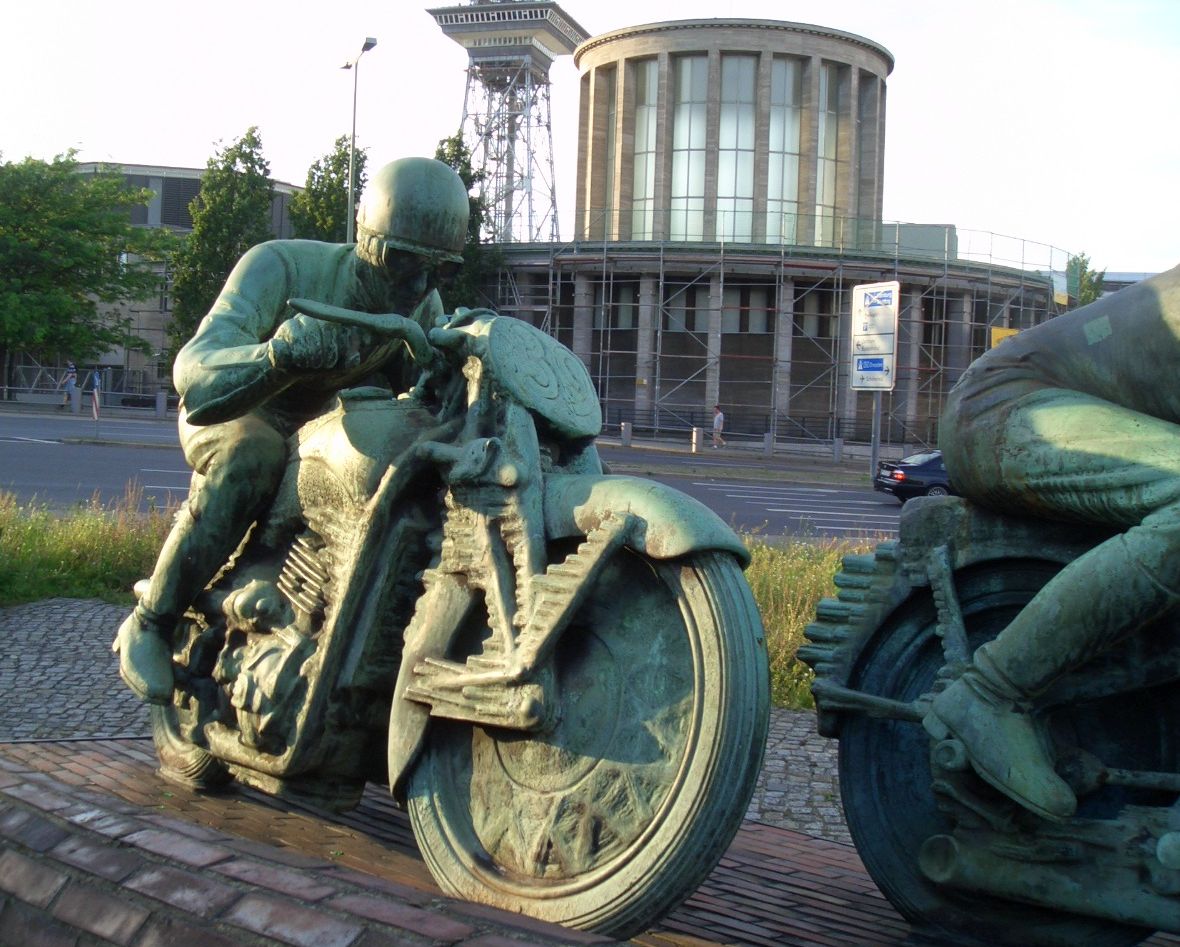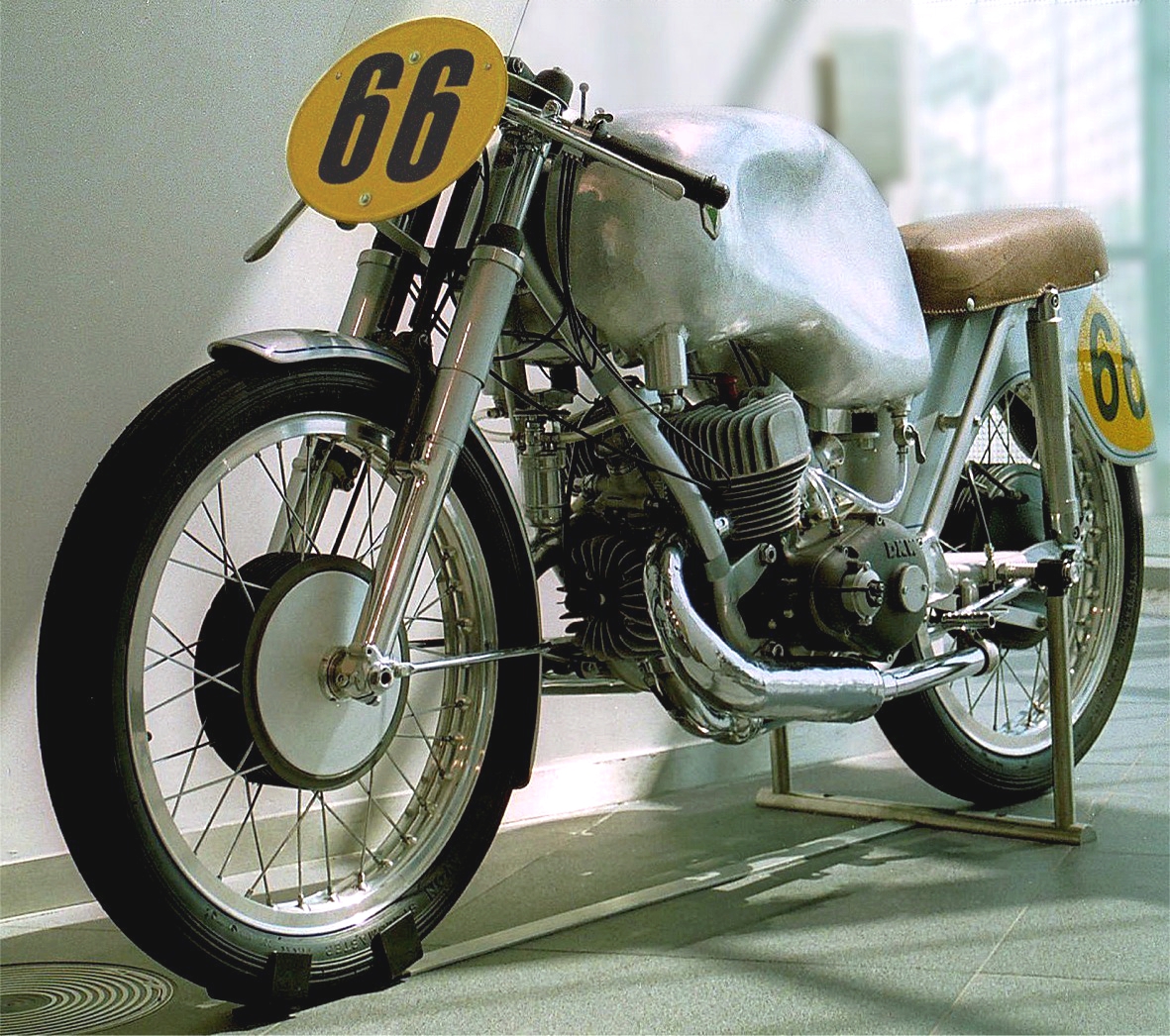Ewald Kluge on:
[Wikipedia]
[Google]
[Amazon]


 Ewald Kluge (19 January 1909 – 19 August 1964) was a
Ewald Kluge (19 January 1909 – 19 August 1964) was a
Ewald Kluge at MotoGP.com
Ewald Kluge at the Official Isle of Man TT Database
* * {{DEFAULTSORT:Kluge, Ewald 1909 births 1964 deaths German motorcycle racers 250cc World Championship riders 350cc World Championship riders Isle of Man TT riders Enduro riders Deaths from cancer in Germany National Socialist Motor Corps members German taxi drivers German Army soldiers of World War II


 Ewald Kluge (19 January 1909 – 19 August 1964) was a
Ewald Kluge (19 January 1909 – 19 August 1964) was a German
German(s) may refer to:
* Germany (of or related to)
**Germania (historical use)
* Germans, citizens of Germany, people of German ancestry, or native speakers of the German language
** For citizens of Germany, see also German nationality law
**Ger ...
motorcyclist.
Life
Ewald Kluge had a difficult upbringing. At the age of twelve, his mother died and he was forced to stay at home, working for his father's company. At fourteen, he sought a teaching position but was unsuccessful and ended up washing cars, which led to an apprenticeship as a mechanic in a garage. At the age of nineteen he was made redundant and started working as a taxi driver inDresden
Dresden (, ; Upper Saxon: ''Dräsdn''; wen, label=Upper Sorbian, Drježdźany) is the capital city of the German state of Saxony and its second most populous city, after Leipzig. It is the 12th most populous city of Germany, the fourth larg ...
.
For 800 Reichsmark
The (; sign: ℛℳ; abbreviation: RM) was the currency of Germany from 1924 until 20 June 1948 in West Germany, where it was replaced with the , and until 23 June 1948 in East Germany, where it was replaced by the East German mark. The Reich ...
s Kluge bought a Dunelt motorcycle in which he entered the 1929 Freiberger Dreiecksrennen, starting first and finishing in third place. Over the next few years, Kluge rode a private DKW
DKW (''Dampf-Kraft-Wagen'', en, "steam-powered car", also ''Deutsche Kinder-Wagen'' en, "German children's car". ''Das-Kleine-Wunder'', en, "the little wonder" or ''Des-Knaben-Wunsch'', en, "the boy's wish"- from when the company built to ...
before joining the DKW works team in 1934 as a mechanic and backup rider. In 1935 he was made a full member of the works team.
From 1936 to 1939, Kluge was German champion in the 250 cc class and in 1938 and 1939 he was also European champion. In June 1938
Events
January
* January 1
** The Constitution of Estonia#Third Constitution (de facto 1938–1940, de jure 1938–1992), new constitution of Estonia enters into force, which many consider to be the ending of the Era of Silence and the a ...
, Kluge won the 250 cc Lightweight TT at the Isle of Man TT
The Isle of Man TT or Tourist Trophy races are an annual motorcycle racing event run on the Isle of Man in May/June of most years since its inaugural race in 1907. The event is often called one of the most dangerous racing events in the world ...
by a margin of eleven minutes and ten seconds over second placed Ginger Wood. He was the first German and only the second rider from continental Europe to win the race.
During World War II
World War II or the Second World War, often abbreviated as WWII or WW2, was a world war that lasted from 1939 to 1945. It involved the vast majority of the world's countries—including all of the great powers—forming two opposin ...
, Kluge was a Sergeant in Leipzig
Leipzig ( , ; Upper Saxon: ) is the most populous city in the German state of Saxony. Leipzig's population of 605,407 inhabitants (1.1 million in the larger urban zone) as of 2021 places the city as Germany's eighth most populous, as wel ...
at the school for army motorisation in Wünsdorf
Zossen (; hsb, Sosny) is a German town in the district of Teltow-Fläming in Brandenburg, about south of Berlin, and next to the B96 highway. Zossen consists of several smaller municipalities, which were grouped together in 2003 to form the cit ...
. In 1943, he was released from his role at the request of Auto Union
Auto Union AG, was an amalgamation of four German automobile manufacturers, founded in 1932 and established in 1936 in Chemnitz, Saxony. It is the immediate predecessor of Audi as it is known today.
As well as acting as an umbrella firm f ...
, for whom he went to work in their testing department. After the war, the Russians denounced him as a Nazi
Nazism ( ; german: Nazismus), the common name in English for National Socialism (german: Nationalsozialismus, ), is the far-right totalitarian political ideology and practices associated with Adolf Hitler and the Nazi Party (NSDAP) in ...
and between 1946 and 1949 he was imprisoned in NKVD Special Camp No. 1
The NKVD Special Camp No. 1 (german: Speziallager Nr. 1 Mühlberg) was a special camp operated by the NKVD from 1945 to 1948, during the Soviet occupation of parts of Germany. It was located 4 km to the east of Mühlberg, Brandenburg usi ...
.
From 1950, Kluge was once again a rider for DKW
DKW (''Dampf-Kraft-Wagen'', en, "steam-powered car", also ''Deutsche Kinder-Wagen'' en, "German children's car". ''Das-Kleine-Wunder'', en, "the little wonder" or ''Des-Knaben-Wunsch'', en, "the boy's wish"- from when the company built to ...
, often riding in both the 250 cc and 350 cc classes. In , Kluge competed at the German Grand Prix
The German Grand Prix (german: Großer Preis von Deutschland) was a motor race that took place most years since 1926, with 75 races having been held. The race has been held at only three venues throughout its history; the Nürburgring in R ...
, finishing fifth in the 350 cc race and fourth in the 250 cc race. In 1953 he had a serious crash at the Nürburgring
The is a 150,000 person capacity motorsports complex located in the town of Nürburg, Rhineland-Palatinate, Germany. It features a Formula One, Grand Prix race track built in 1984, and a long "North loop" track, built in the 1920s, around t ...
in which he fractured his thigh, ending his riding career. Later he worked in public relations
Public relations (PR) is the practice of managing and disseminating information from an individual or an organization (such as a business, government agency, or a nonprofit organization) to the public in order to influence their perception. P ...
for Auto Union.
Kluge died on 19 August 1964 from cancer
Cancer is a group of diseases involving abnormal cell growth with the potential to invade or spread to other parts of the body. These contrast with benign tumors, which do not spread. Possible signs and symptoms include a lump, abnormal b ...
. He was married and had a son and a daughter.
Legacy
InIngolstadt
Ingolstadt (, Austro-Bavarian: ) is an independent city on the Danube in Upper Bavaria with 139,553 inhabitants (as of June 30, 2022). Around half a million people live in the metropolitan area. Ingolstadt is the second largest city in Upper Bav ...
and Weixdorf, there are streets named after Kluge. At AVUS
The Automobil-Verkehrs- und Übungsstraße ('Automobile traffic and training road'), known as AVUS, is a public road in Berlin, Germany. Opened in 1921, it was also used as a motor racing circuit until 1998. Today, the AVUS forms the northern par ...
in Berlin
Berlin ( , ) is the capital and largest city of Germany by both area and population. Its 3.7 million inhabitants make it the European Union's most populous city, according to population within city limits. One of Germany's sixteen constitue ...
, there is a monument to him.
References
Books
* * Dieter Herz: "Der kluge Mann" in "Motor-Klassik", May 1989 (German) * *Footnotes
External links
Ewald Kluge at MotoGP.com
Ewald Kluge at the Official Isle of Man TT Database
* * {{DEFAULTSORT:Kluge, Ewald 1909 births 1964 deaths German motorcycle racers 250cc World Championship riders 350cc World Championship riders Isle of Man TT riders Enduro riders Deaths from cancer in Germany National Socialist Motor Corps members German taxi drivers German Army soldiers of World War II